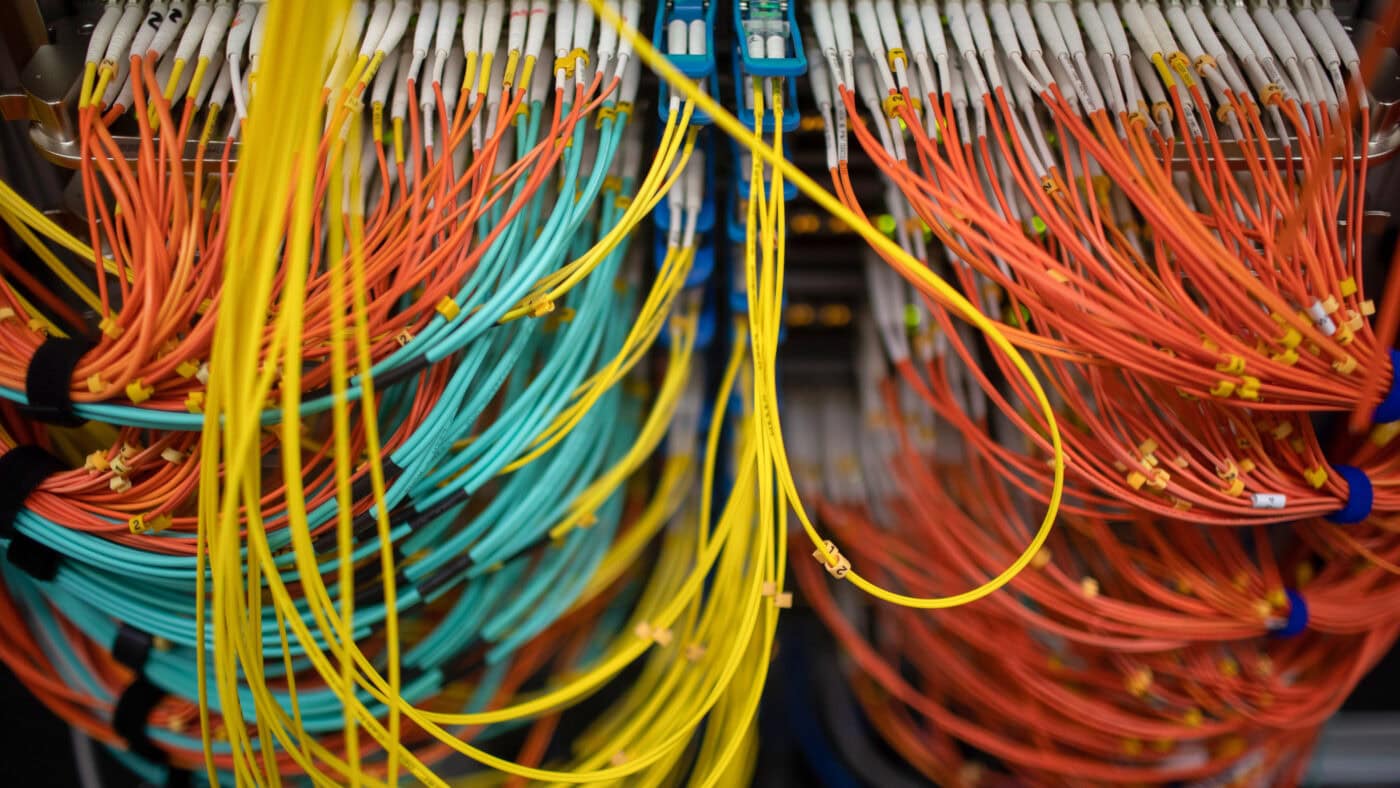In recent months, the Government has been considering allowing tenants the unilateral right to install full fibre broadband into their landlords’ properties via backing Baroness Janke’s amendment to the Renters’ Reform Bill. If landlords ‘unreasonably refuse’, they will face a fine. This amendment is expected to affect 900,000 people and better ensure connectivity for working from home and leisure too.
As is typical of Labour’s legislation, the proposal rides roughshod over private property, indeed, the measure simply amounts to legalising vandalism against landlords’ houses. No one who places any weight on the harmony of individuals pursuing their own happiness via private property can tolerate this; to do so would be to undermine the natural principle of human respect.
The basic argument for requiring landlords to allow their tenants to install fibre broadband without their permission is many landlords can’t be bothered to answer their tenants’ requests or refuse to due to the fear that damage will be done to their houses. This is supposed to be especially true for absentee owners from abroad.
There are a number of problems with this argument. First, landlords are much more likely to know the detailed cost of walls being drilled through, painting to be redone and the benefits of full fibre broadband than ministers. This is because landlords have an incentive to maximise the long-term return on their houses. Sure, the installer says this will be dealt with after installation, but damp can easily get in through compromised walls, and digging up patio, pavement and garden to fit the external function box can cause ongoing damage due to freeze thraw getting into small cracks.
Thus, if landlords refuse full fibre installation, it is probably because the costs to them are in excess of the benefits to tenants as measured by their increased willingness to pay. Using the violence of the state to permit tenants to force through full fibre then will only diminish our prosperity. Friedrich Hayek put the point well:
To act on the belief that we possess the knowledge and the power which enable us to shape the processes of society entirely to our liking, knowledge which in fact we do not possess, is likely to make us do much harm.
Now, it may be thought allowing tenants to install full fibre broadband in their homes with absentee landlords doesn’t face this problem due to the fact absentee landlords haven’t considered the cost. Yet this is to underestimate the foresight of absentee landlords, for their calculation is probably that it will be to the disadvantage of their average property to have full fibre, hence, to lower administrative costs, a blanket policy of saying no, or refusing to answer, works for them.
Maybe it will still be objected that a few properties which would be advantaged by the measure will be left out by their blanket decision. Sure, but then we must consider that landlords may place such a high value on not having their leisure disrupted, that the benefit to the tenant of the full fibre may be outweighed in monetary terms by the absentee landlords’ foregone experiences. Overall, this state intervention is still likely to diminish prosperity.
Tenants might claim they don’t care about landlords losing their leisure by being forced to review full fibre applications to their properties, but as Henry Hazlitt observed in his ‘Economics in One Lesson’, this is to look at only the short-run effects and to disregard long-run effects. In the long run, regulations such as these increase the inconvenience and financial return from being a landlord, which causes the marginal suppliers of rental accommodation to leave the market, which pushes up rents, making tenants worse off. A deeper problem, however, can still be levied against the full fibre regulation.
Allowing tenants to install full fibre broadband in their landlords’ property without their consent is to legalise vandalism. The case is simple: just as smashing a hole in your neighbour’s house without their consent is vandalism, analogously, tenants smashing a hole in their landlord’s house without their consent is vandalism also. The fact the tenant may repair the hole in the wall once the wire is stuck through it no more stops it being vandalism as if you repaired the hole in your neighbour’s wall afterwards. Nor does the fact that the absentee landlord might consent if contacted them warrant unilaterally altering their property. I can’t just smash a hole in your house if you’re on holiday and put £1,000 through your door, way in excess of the repair cost, and that be okay. Lastly, the fact the landlord might only be inconvenienced by £100 but the tenant get £120 out of it, doesn’t warrant the vandalism either, because property doesn’t only extend up to the point where it is allegedly socially beneficial for it to.
Respecting the property and person of individuals ensures the harmony of society insofar as it enables each citizen to pursue their own happiness without using others as mere means to their own ends. Importantly, this natural principle of human respect is not founded in any social contract, positive law or feeling, instead, it is a moral law on an equal footing to those we find in the natural world. Any act that deliberately damages property reduces this harmony, and prosperity is diminished according to economic law as a result.
It cannot be stated enough: Baroness Janke’s amendment to allow tenants to install full fibre broadband in their landlords’ properties without their consent simply amounts to legalising vandalism. In so doing, it will diminish the supply of rental accommodation to the market, pushing up rents and thus reducing the prosperity of the people. Anyone with the slightest concern for respecting property owners must opposed this wretched measure.
Click here to subscribe to our daily briefing – the best pieces from CapX and across the web.
CapX depends on the generosity of its readers. If you value what we do, please consider making a donation.


